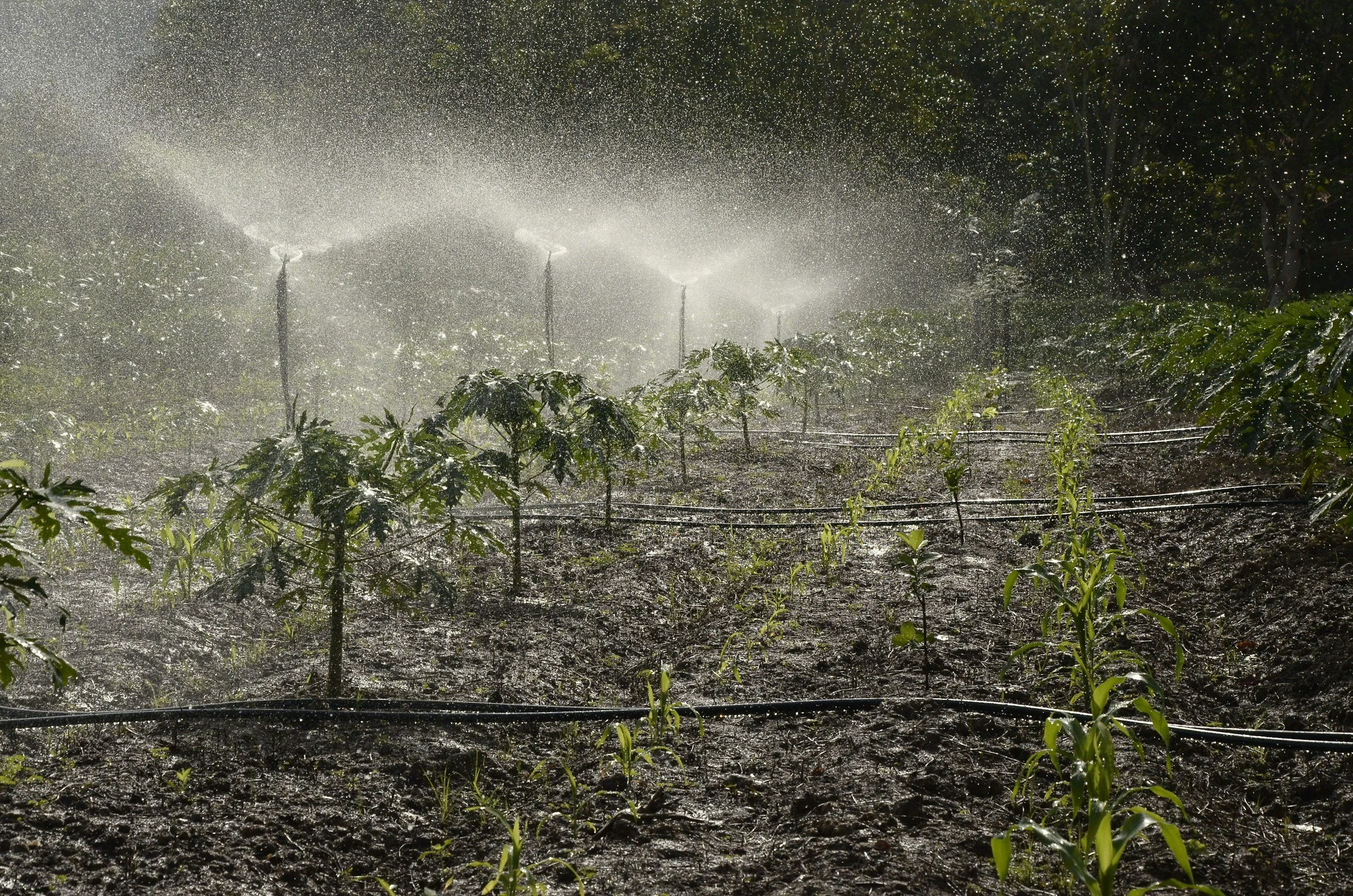By: Anit Mukherjee
In less than two months, global heads of governments will land in Belém for the formal opening of the 30th UNFCCC Conference of Parties (COP30). But with little time left, climate commitments are falling short of the urgency needed to address the crisis. At the time of publication, only 31 out of 197 countries have submitted their updated Nationally Determined Contributions (NDCs) as per the terms of the Paris Agreement. It is, therefore, not possible at this point to know whether the global community is going to make progress towards the goal of reducing emissions of greenhouse gases and keep targets within 1.5°C above pre-industrial levels. At the same time, the $1.3 trillion estimate for climate finance until 2035 — the so-called “Baku to Belém 1.3T Roadmap” — remains only an aspiration. The articulation of the Roadmap will not be made public until a few weeks before the start of COP30, giving little time for both governments and civil society to prepare for the crucial debates on climate finance in Belém.
For Brazil, the host of COP30, this poses a dilemma. Without strong commitment to tackle the root causes of climate change, it is difficult to make the case of greater financing especially when climate denialism and cuts in development financing are already straining the political consensus. At the same time, without the firm commitment of the global community to raise resources, countries of the Global South who are already bearing the brunt of climate-related disruption are hesitant to commit to ambitious goals for mitigation and adaptation. The work of the negotiators is a difficult one already. It will only get more difficult as the COP gets under way and attention shifts from the bureaucratic to the political.
So what could be a way out of this impasse? First, it is important to note that probably for the first time in the history of the COP process, the Leader’s Summit will be held ahead of the start of the formal negotiations on November 10. This provides a unique opportunity to build political momentum for concrete action both for NDCs and financing commitments. The job of the Brazilian presidency would then be to forge a consensus on emission targets and resource needs. As a leader of the Global South, Brazil can not only be a strong advocate for their priorities but also a trusted interlocutor between the developed and developing countries.
Second, taking the “Baku to Belém 1.3T Roadmap” as the starting point, countries can be asked to provide a 10-year financial commitment, with an interim “Global Financing Stocktake” (GFS) at COP33 in 2028. Since it is expected that multilateral financial institutions, philanthropies, and the private sector will make up a significant share of the additional resources, the GFS should focus on the non-government contributions as well. For example, the proposed Tropical Forest Forever Fund (TFFF) — an innovative public-private-philanthropic initiative that is expected to be operationalized at COP30 — should report on its financial mobilization and allocation at the GFS, delivering its commitment to be transparent and accountable especially to indigenous communities living in tropical forest areas.
Finally, with developed countries such as the United States and Europe backtracking on their climate commitments, COP30 is an opportunity to build a coalition of countries of the Global South who will drive climate action in the future. In that sense, Brazil’s presidency laid the foundation of such a coalition through the “global mutirão”, the G20 and BRICS leaders’ declarations, consultation with countries in the Amazon basin, and outreach to leaders through COP30 president’s letters, urging them to be part of the global movement to combat climate change. As the very first letter from the COP30 President André Correa do Lago mentioned, “COP30 can be the COP where we align efforts worldwide: from national to local governments, from international capital markets to local bazars, from major technology actors to local innovators, from academic to traditional knowledge”.
This is an ambitious agenda to say the very least. With only two months left for the start of the leaders’ summit in Belém, the future of climate action seems to be based more on hope than conviction. A positive outcome from COP30 will require stronger commitment from the global community than what we have seen until now.
Anit Mukherjee is Senior Fellow for the Global Economics & Development program at ORF America.

